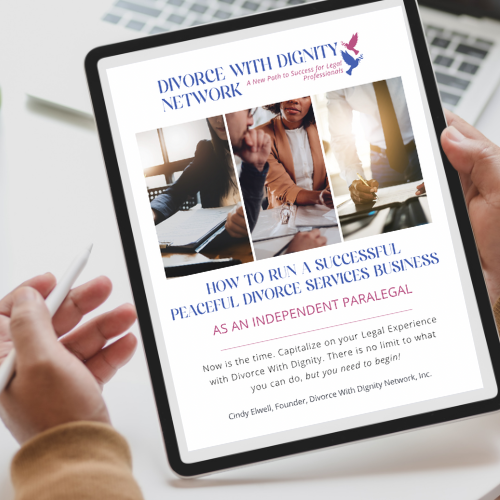Here is a look at the various business types and the strengths and weaknesses of each:
- Sole Proprietorship – when discussing types of corporations, this is the most common choice because it is also the easiest. In a sole proprietorship the business is owned by one person who is entirely responsible for all profits and debts. While specific rules and regulations for filing can vary from state to state, in most cases a sole proprietorship does not require anything other than possibly registering your business name. You simply start your business, begin making a profit and then report your income on your tax return. While the ease of filing is a big plus for sole proprietorship, the main drawback is that it can be more difficult to obtain outside funding as you only have yourself to depend on.
- Partnership – this is one of the more straightforward business types but it is not without its challenges. A partnership can involve two or more persons and there are two sub types, limited and general. In a general partnership, everything is shared equally, while a limited partnership has one partner in control with the other partner or partners contributing assets and receiving part of the profits. While having a partner or partners can increase your funding potential, it can also cause complications in the event of a dispute. If the relationship between partners disintegrates, it can take the business down with it.
- Limited Liability Company – when it comes to types of corporations, an LLC is a bit tricky. In an LLC, the limited liability of a corporation is merged with the characteristics of a sole proprietorship. The owners or partners are protected from personal liability provided they have not acted illegally. However, at the same time the owner or owners are also personally responsible for paying taxes, which can be a drawback.
- Corporation – with a corporation, the company is considered a separate entity from its owners and it must file taxes separately. While this can be the most legally complex of all business types, it has the major benefit of being able to generate outside funding by selling shares of stock or rights of ownership. There are different types of corporations that can provide various tax advantages. While funding may be easier, there is a major drawback in terms of control, as a corporation is run by a board of directors rather than an individual owner.
When considering the different types of corporations and which is best suited to your needs, you should think about several factors: Do you need to be personally protected from liability? Do you want to keep your business separate for tax purposes? Do you want total control of the business? These are just a few of the questions to ask yourself. The answers will help you to determine how to file your business.
Before making that decision, you should keep in mind that it isn’t always easy to change your business’ status. You can go from sole proprietorship to corporation fairly easily, but not the other way around. So this choice could well have long-term ramifications and should be made with all due caution.
The author of this blog is not an attorney and the information contained in these blogs should not be considered legal advice. The information provided here is based on the experience of the author and some of her clients whose actual names are not mentioned. Do not hesitate to seek the advice of an attorney if you have any legal questions.





